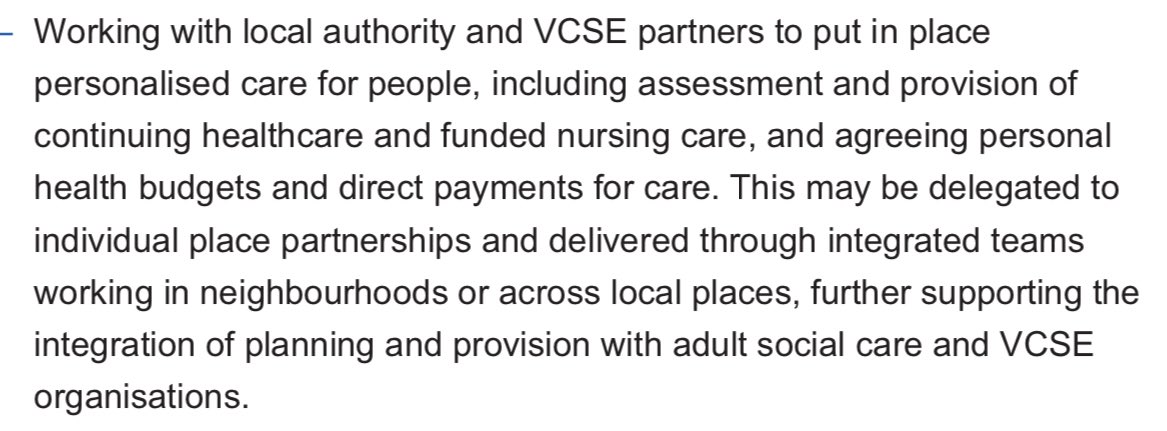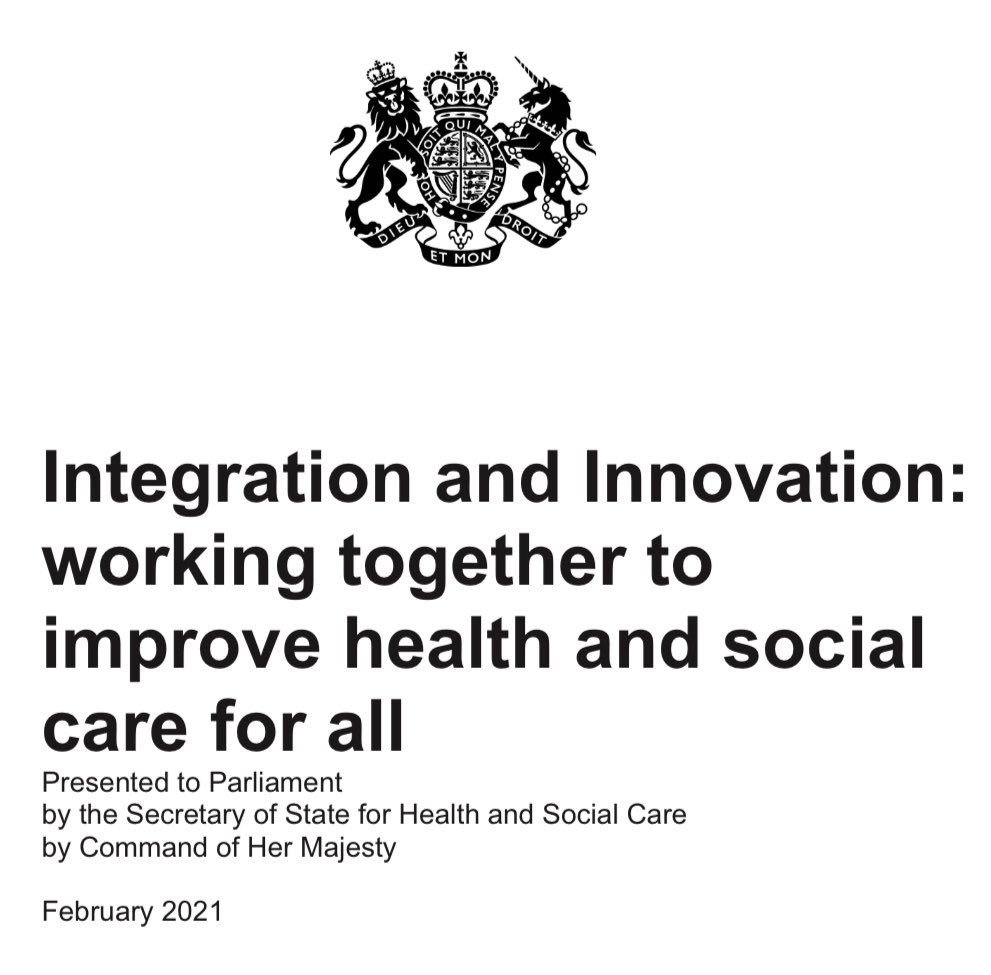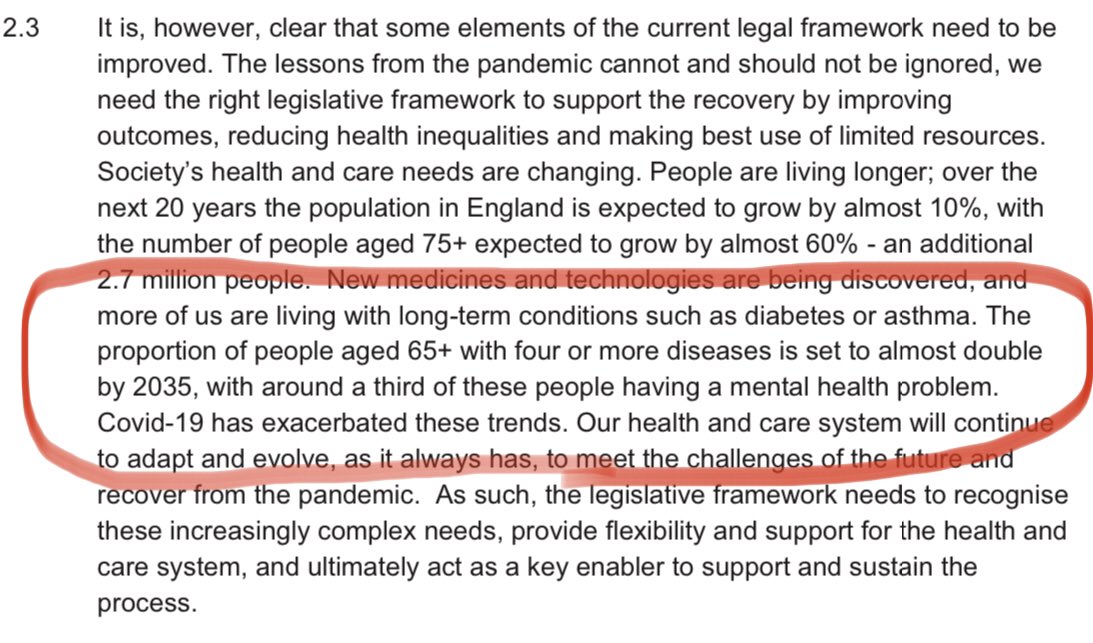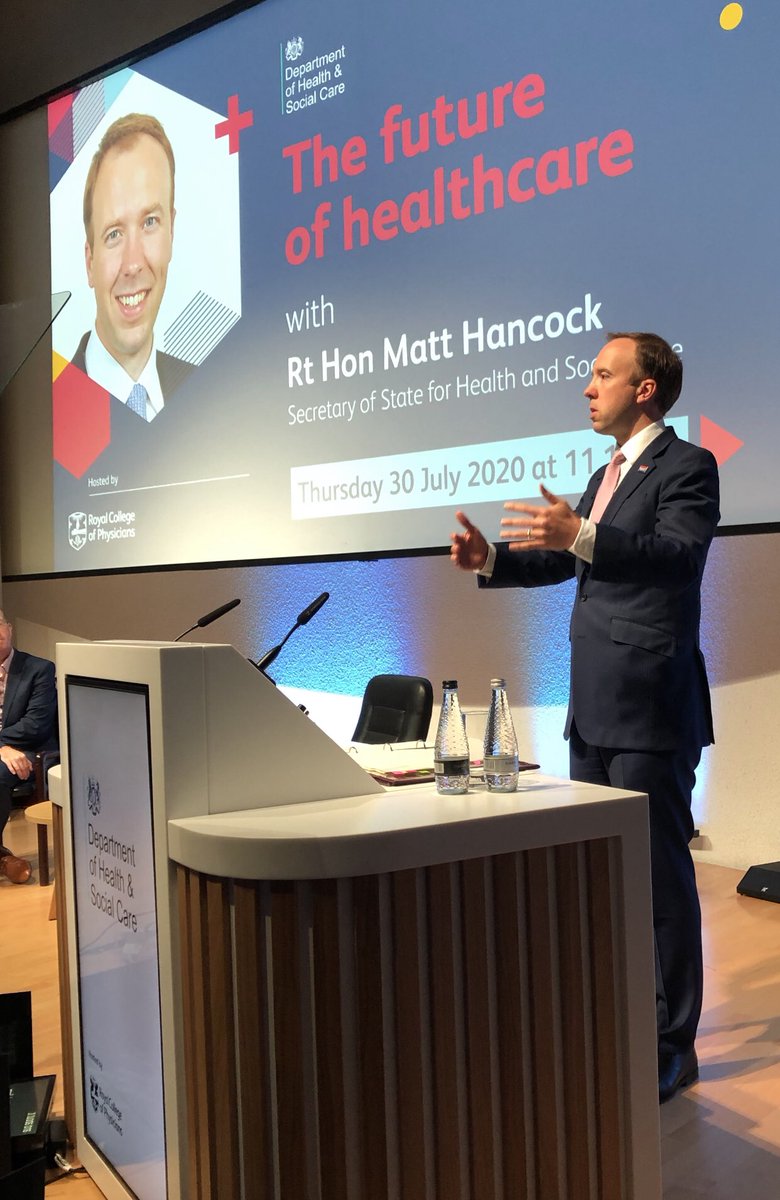
These reports on NHS leaders’ perceptions from @NHSConfed are always enlightening. Today’s Manifesto For Recovery takes a wide look at recovery issues, with a strong inequalities focus. A quick thread on the bits that jumped out at me. 1/7
nhsconfed.org/publications/m…
nhsconfed.org/publications/m…
2/7 Obviously I’m reading everything @NHSConfed’s published today from the standpoint of the multiple conditions challenge. The framing here speaks to the issues @RichmondGroup14’s recent #YouOnlyHadToAsk report highlighted. richmondgroupofcharities.org.uk/sites/default/… 

3/7 Our #YouOnlyHadToAsk report stressed need to close the trust gap between people and services and to work across sectors to tackle inequity, so good to see @NHSConfed saying this: 

4/7 Stark picture in today’s @NHSConfed report of the huge risk that the care backlog and existing inequity will reinforce and accelerate each other. 

5/7 Good to see this case study from @WYHpartnership of how to turn “frank conversations” about “managing expectations” into genuine interaction that delivers shared understanding and positive improvement. 

6/7 That case study highlights how people value VCS support, so good to see @NHSConfed reporting leaders wanting a relationship of equal partners, as I argued in this blog a while back: nhsconfed.org/articles/nhs-r…. Lots of themes I flagged then are picked up in today’s report. 



7/7 Strong sense from today’s @NHSConfed report that leaders are hearing, and concerned about, what @RichmondGroup14 @BritainThinks research has highlighted: hsj.co.uk/service-design… 

• • •
Missing some Tweet in this thread? You can try to
force a refresh


























